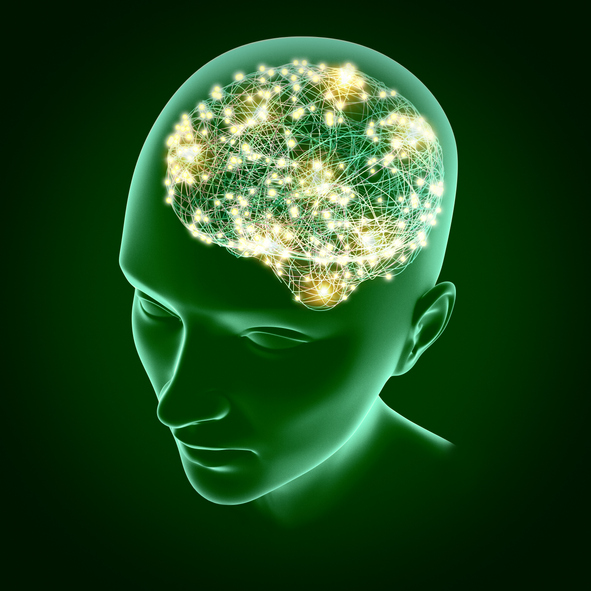
The internet is full of advice on how to keep our brains healthy. With so many voices speaking at once, it’s often hard to know where to turn for the most trusted guidance. So, the team at Modern Brain Journal advised Brainy Moms on 5 of the best websites for brain health information (besides ours, of course!). They picked sites with two must-have characteristics: the information has to be grounded in science and the site itself must be interesting and engaging. (Because science doesn’t have to be boring!) Here’s the list!
1. HealthyBrains.org
Topping our list is the Healthy Brains website at Cleveland Clinic. Promoting six pillars of brain health, including diet, exercise, sleep, physical health, cognitive stimulation, and social connections, this website is well-rounded in its approach to guidance. Expert physicians and researchers share practical information for optimizing the health of our brains throughout adulthood. You can complete a free Brain Health Check-Up survey and read some fun facts like this one: Your brain processes about 70,000 thoughts every day! For starters, check out the page on 6 Pillars of Brain Health.
2. VeryWellMind.com
If you enjoy Modern Brain Journal, we bet you’ll also love Very Well Mind. The galleries of articles are divided into broad categories of mental health, self-improvement, and psychology with a news section as well. Within each broad category are multiple subtopics including ADHD, depression, addiction, PTSD, brain health, happiness, stress management, emotions, therapy, sleep, and much more. The writers are all experts in their fields like physicians, neurologists, psychiatrists, and licensed therapists. For added credibility and integrity, all content in every article is fact-checked. For starters, check out these articles: Negative Impact of Sugar on the Brain and 7 Useful Tips for Improving Your Mental Focus.
3. ALZ.org
For aging brains, we recommend the official website of the Alzheimer’s Association. From facts and figures to warning signs to comprehensive descriptions of dementia types, this website is our go-to for the aging brain. In addition to providing detailed articles and printable guides, ALZ.org also has a helpline, ways to volunteer, an events page, and a database of professionals and support groups searchable by State and Zip Code. For starters, check out these articles: Ten Ways to Love Your Brain and What Causes Memory Loss?
4. BrainandLife.org
The Brain and Life website is the online extension of the American Academy of Neurology’s Brain and Life Magazine. It features a variety of articles on brain health along with a searchable database of information on 250 neurological disorders. Topics range from exercise and nutrition to safety and caregiving to wellness and finances—all in relation to brain health and function. You can subscribe for free to the magazine as well. For starters, check out these articles: Can Strength Training Slow Cognitive Decline? and How to Help Your Child Succeed with Remote Learning
5. DevelopingChild.Harvard.edu
The website of the Center on the Developing Child at Harvard University made this list for a two reasons. First, it’s stacked with great resources on brain health and development in children. Second, it’s grounded in some of the best child development research we have. The content includes topics like brain architecture, early childhood mental health, motivation, fear and anxiety, brain and body connections, curiosity, and risks to the developing brain. It’s not an easy website to read but it’s top notch in terms of credibility and variety when it comes to understanding brain development in childhood. For starters, check out these articles: Brain Architecture and Executive Function: Skills for Life and Learning
With so many websites to choose from, it was indeed a challenge to choose just five. We’ll plan to do a round-up just like this again next year to keep you well-equipped with credible and readable brain health resources!
From my brain to yours-
Dr. Amy
Amy Lawson Moore, PhD
About the author:
Dr. Amy is a cognitive psychologist at LearningRx World Headquarters in Colorado Springs, CO, where she specializes in cognitive training and assessment for learning disabilities, ADHD, brain injury, and age-related cognitive decline. Her research has been published in more than a dozen scientific journals and presented at conferences around the country. She is also co-host Brainy Moms, editor-in-chief of Modern Brain Journal, and a Board-Certified Christian Counselor. Read more at www.AmyMoorePhd.com.
